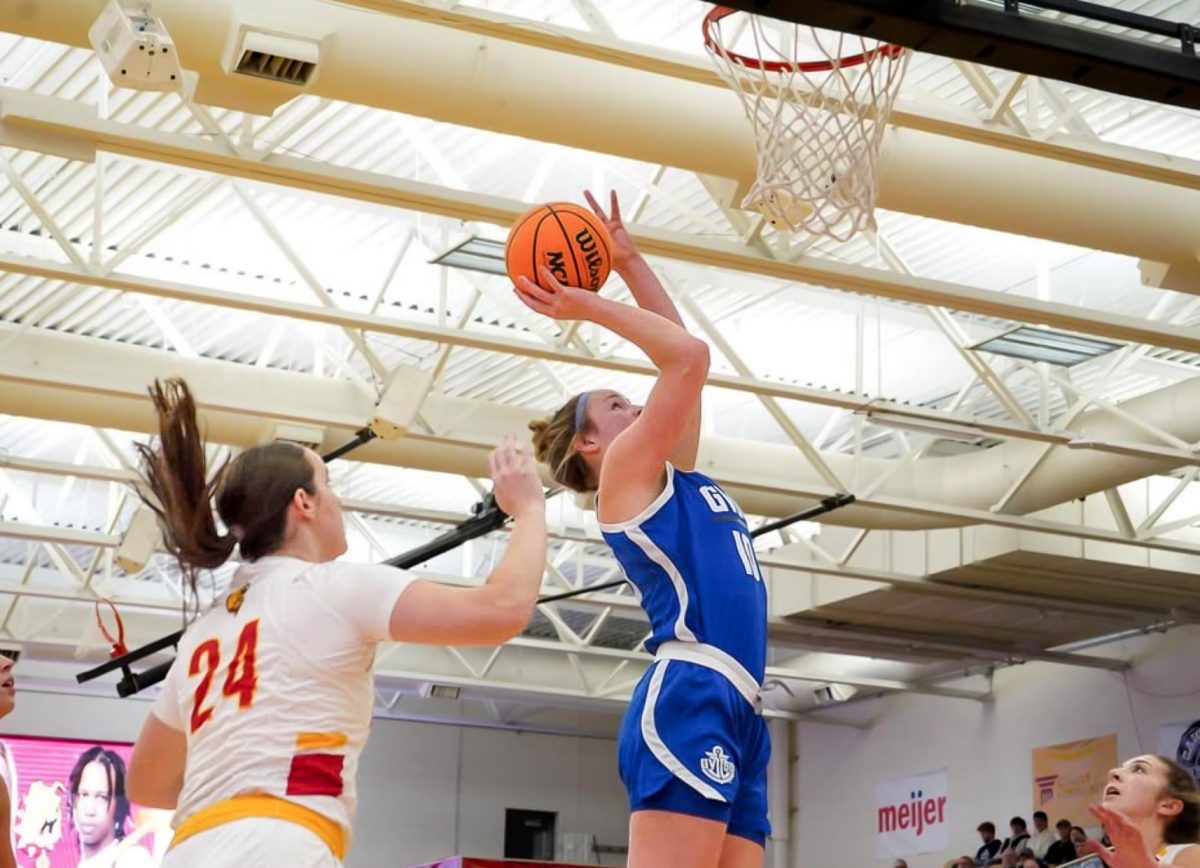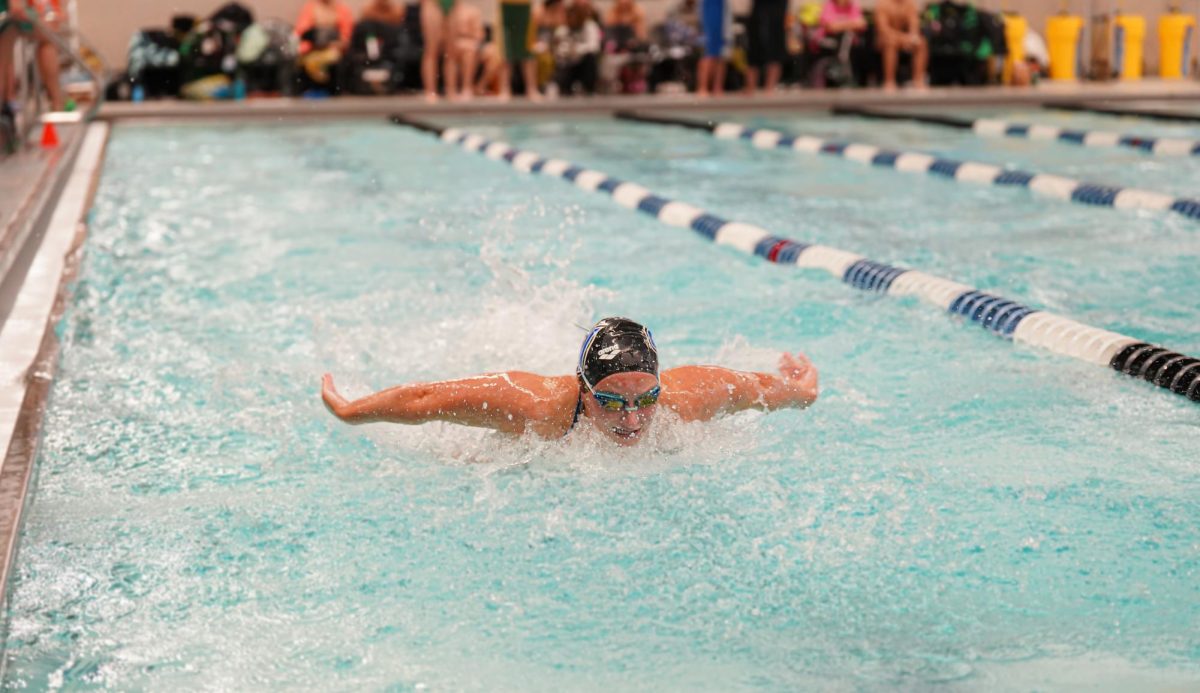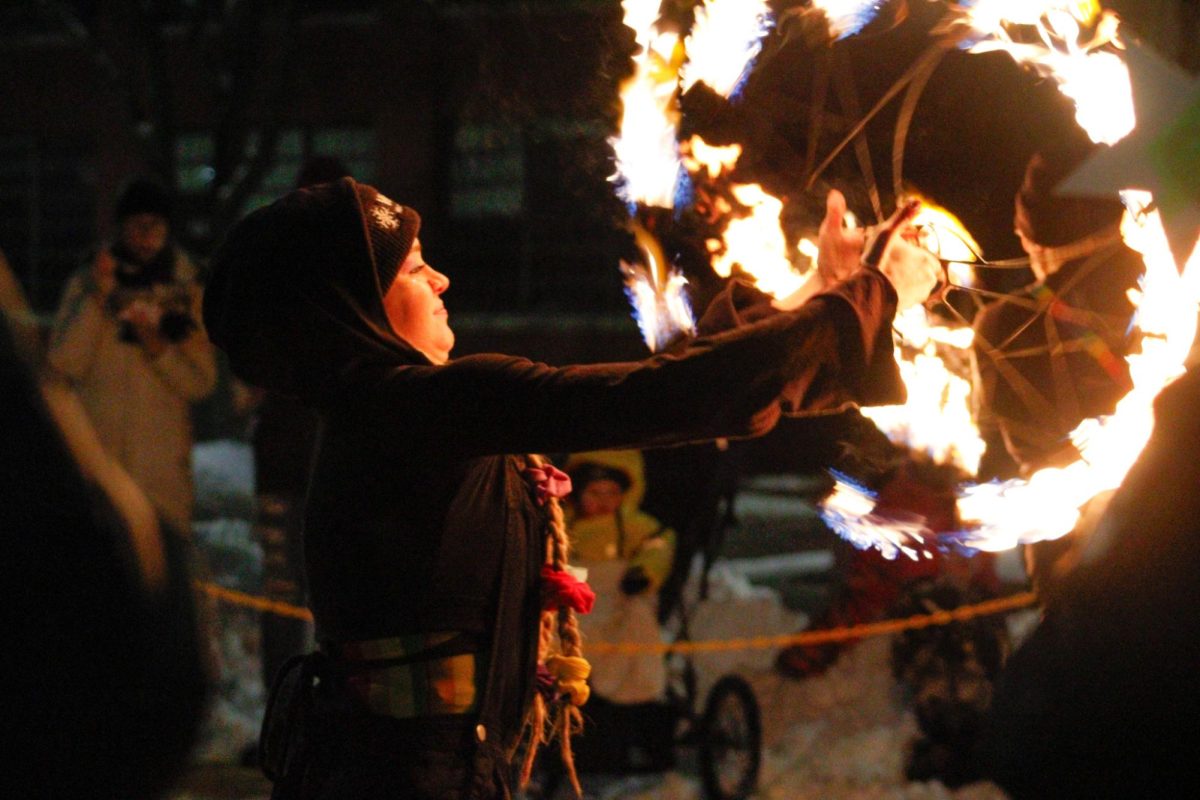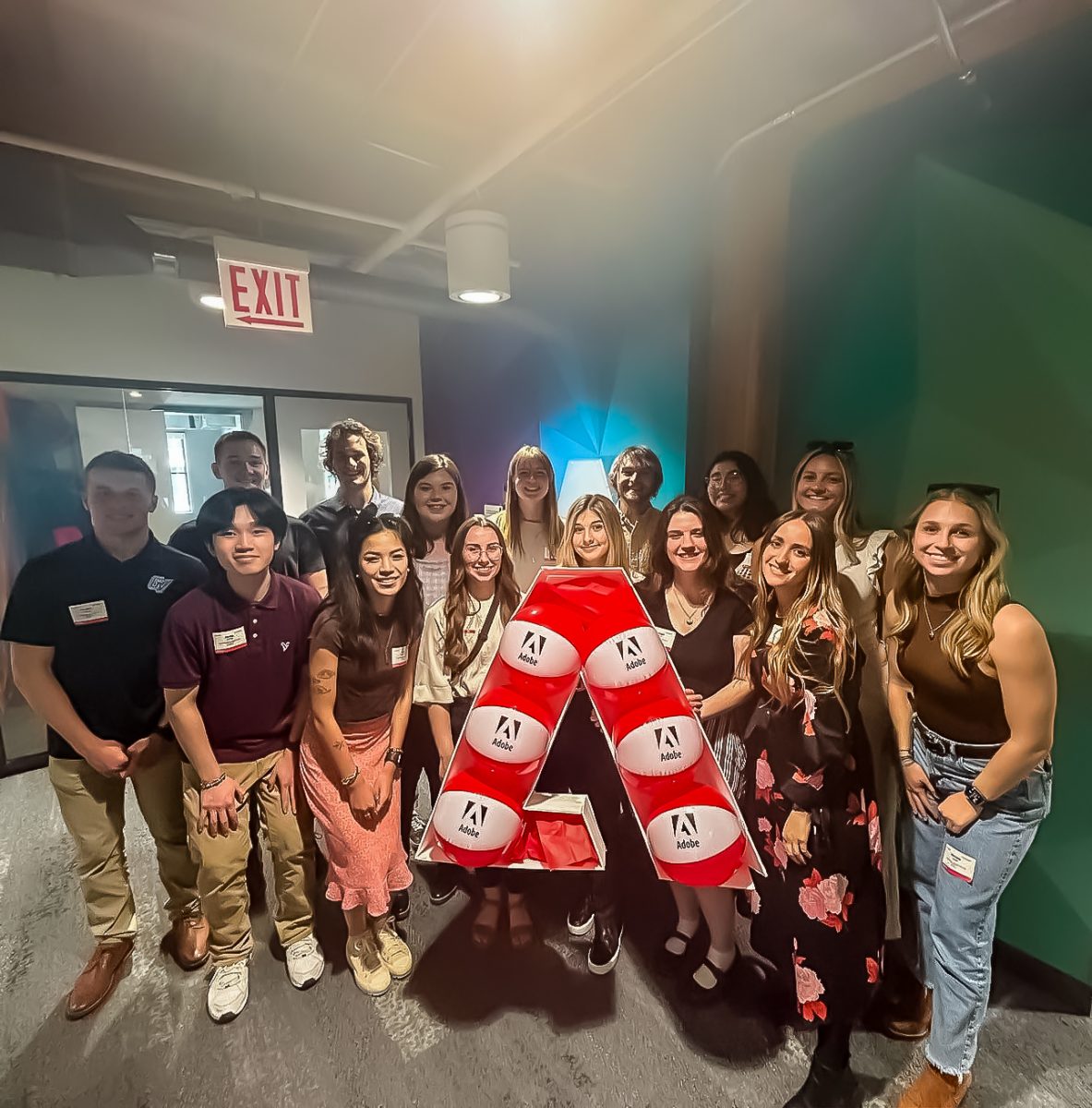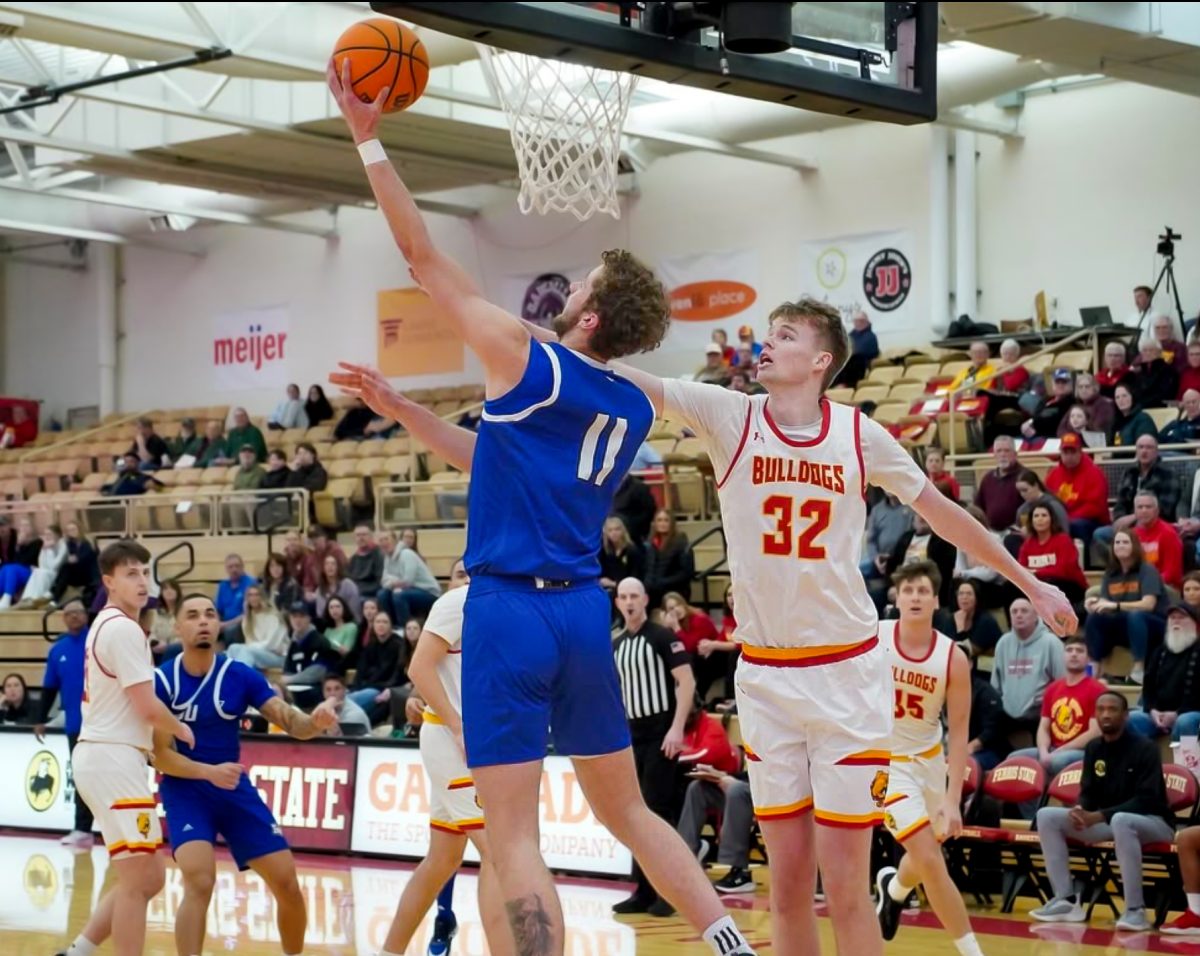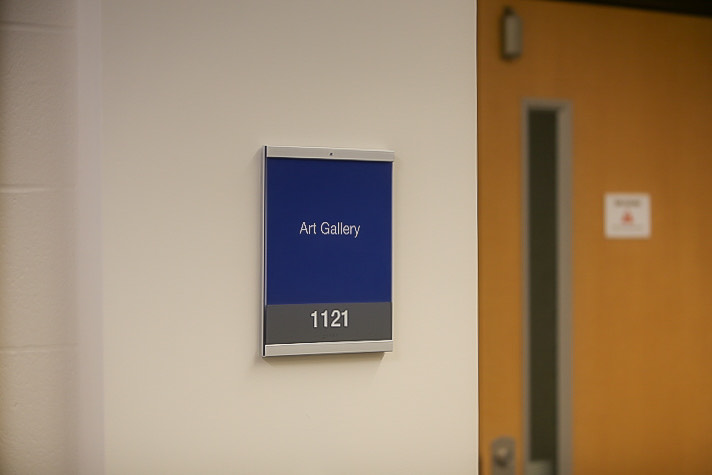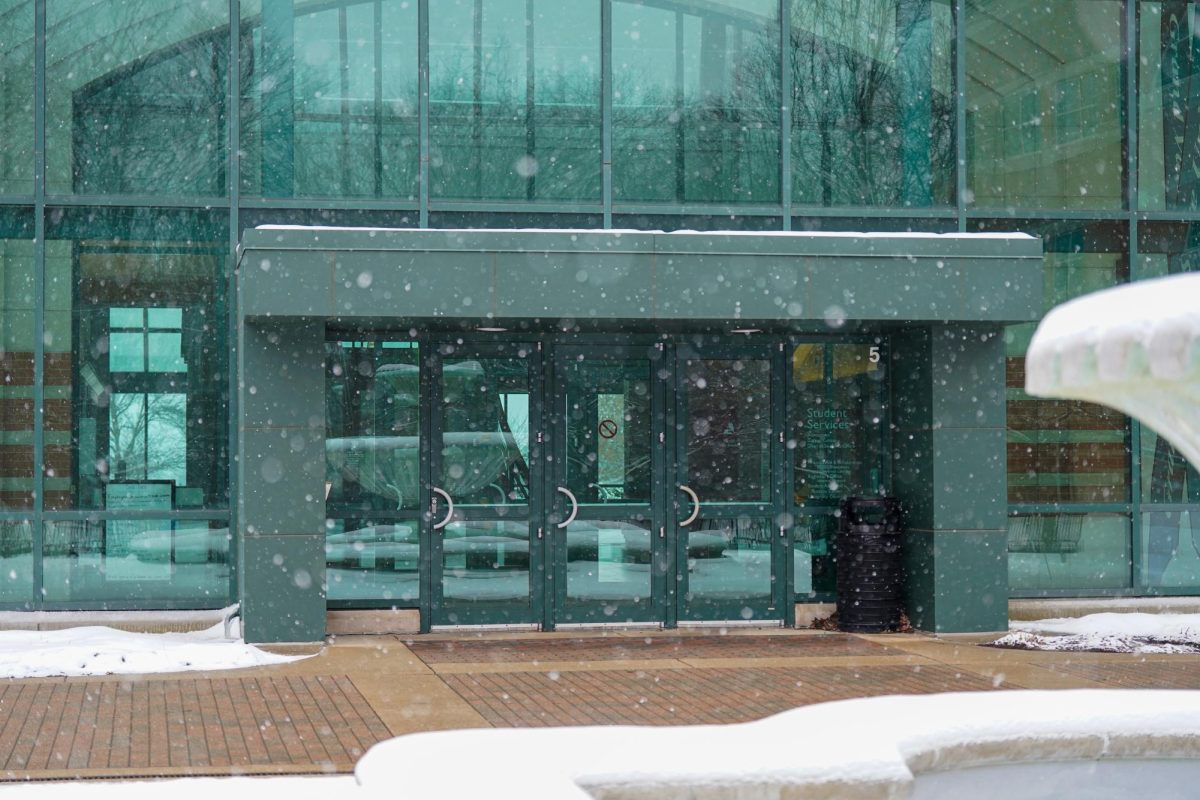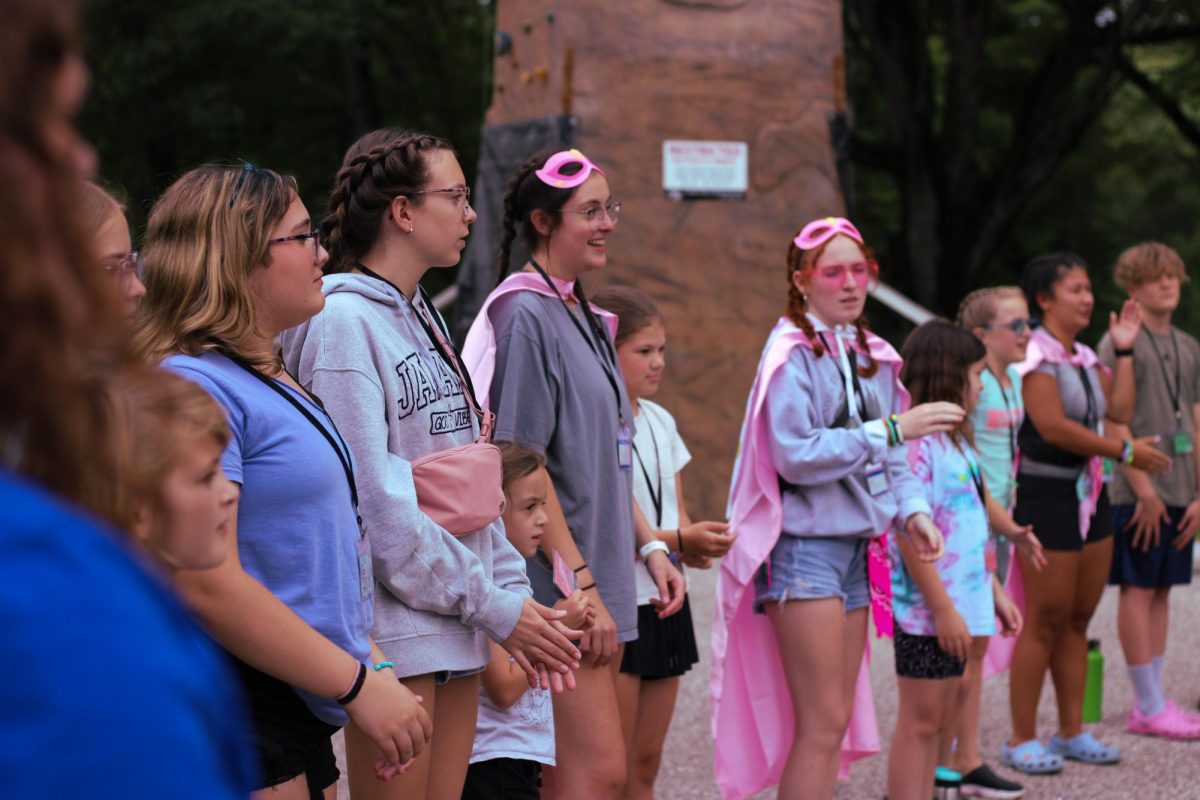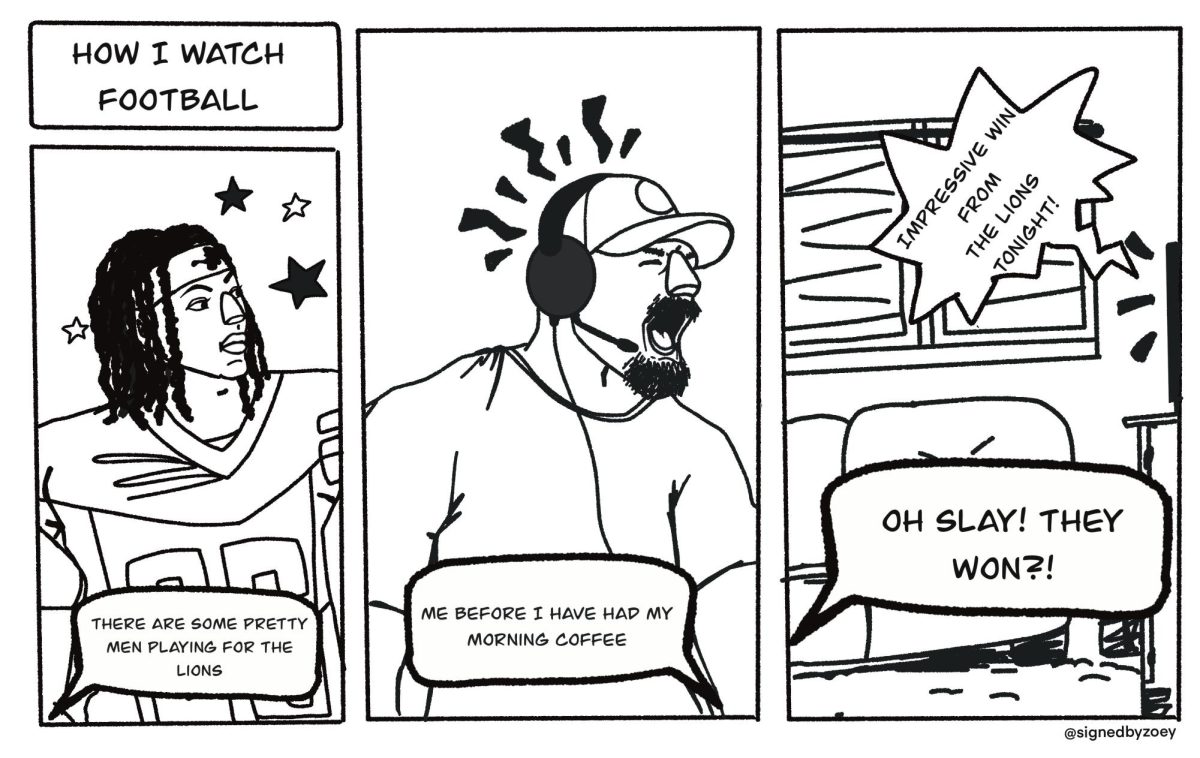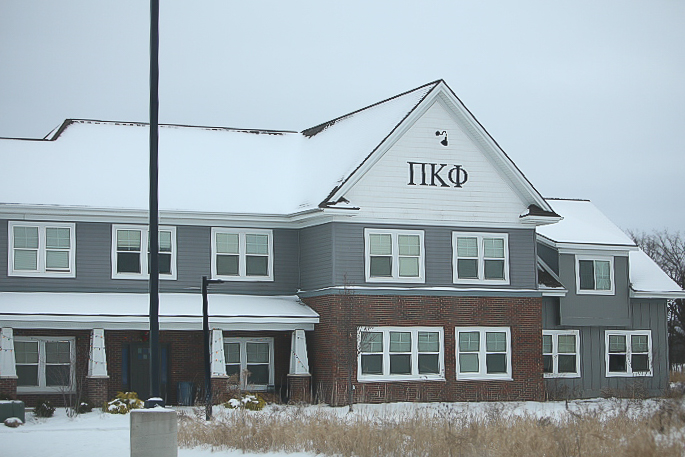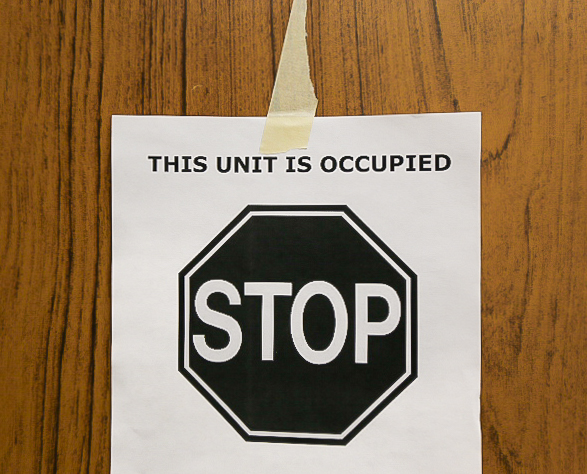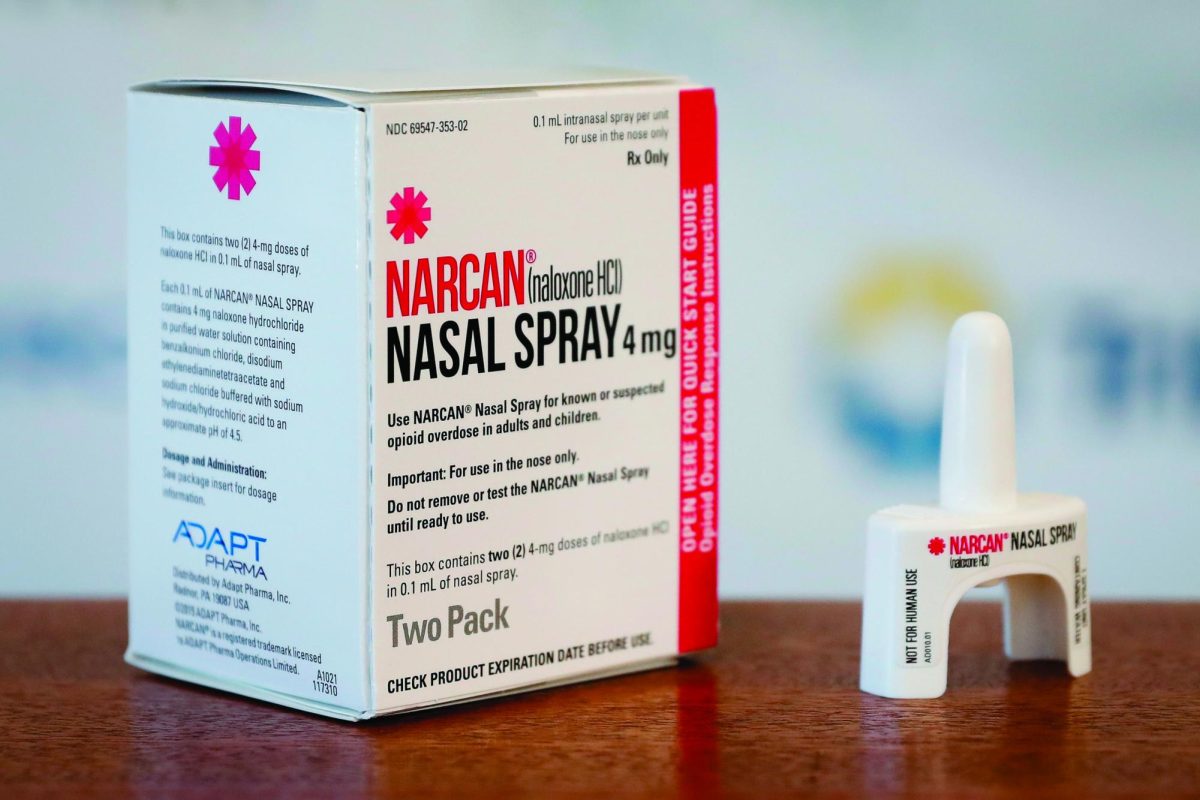WORKING HARD (OR HARDLY WORKING)
Dec 3, 2012
Here we go again, Grand Valley State University. Fall semester is wrapping up, the days are getting shorter and shorter, and the stress of exam week is getting the student body more out of whack then the unpredictable Michigan weather.
For the last 13 weeks, you have working hard (or hardly working) to get the best possible grade in each of your courses. You’ve taken the tests, done the homework and listened to countless lectures – all that’s left is the dreaded final exam.
A word to the wise? Don’t mess it up now.
As students, we’re left standing at an inevitable crossroad – we can go big or go home. We can let the stress get the best of us, or we can pick ourselves up by our bootstraps, post up under the weird flourescent library lights, and finish what we started.
In weeks as hectic as the one we face now, it’s easy to let our bodies override our minds. It’s easy to resort to unhealthy and often ineffective means of productivity, waiting until the last minute to start studying while banking on Redbull, coffee and panic to carry us until morning.
Not so fast, GVSU. According to researchers at UC Berkeley and Harvard Medical School, sleep deprivation leads to short-term euphoria, which we recognize at first glance sounds ideal, but if you take a look at the potential side effects of those short-term bouts of heightened positivity, the results are less glamorous.
Lack of sleep can cause a boost in your brain’s dopamine levels – the neurotransmitter linked to pleasure and happiness – causing a surge of overly-optimistic emotions that can lead to poor judgment and addictive behavior. Essentially, you snap from a productive and rational mindset to an irrational, fight-or-flight mentality.
Another study done by the Sleep and Chronobiology Labratory in the University of Colorado’s Department of Integrative Physiology shows that lack of sleep can impair cognitive performance, knowledge retention and awareness – and that’s just in the short-term.
Long-term damages of all-nighters include a reduced learning ability, an increased likelihood of anxiety disorders, weight gain and subsquently, an increased risk of diabetes. Did we mention the potential brain damage?
Not that one night of extreme studying will make render you braindead, anxious and overweight, but it’s the principle of the thing. We wont be students forever, but as students right now, we are building a work ethic that will follow us into the job market. If you procrastinated in college and stayed up all night to make up the difference, chances are that even in real-world job setting, you’ll do the same.
So this exam season, try to let logic rule you, not impulse.
These are trying times, GVSU. So, keep your chin up, your shoulders back and your head in the game.









